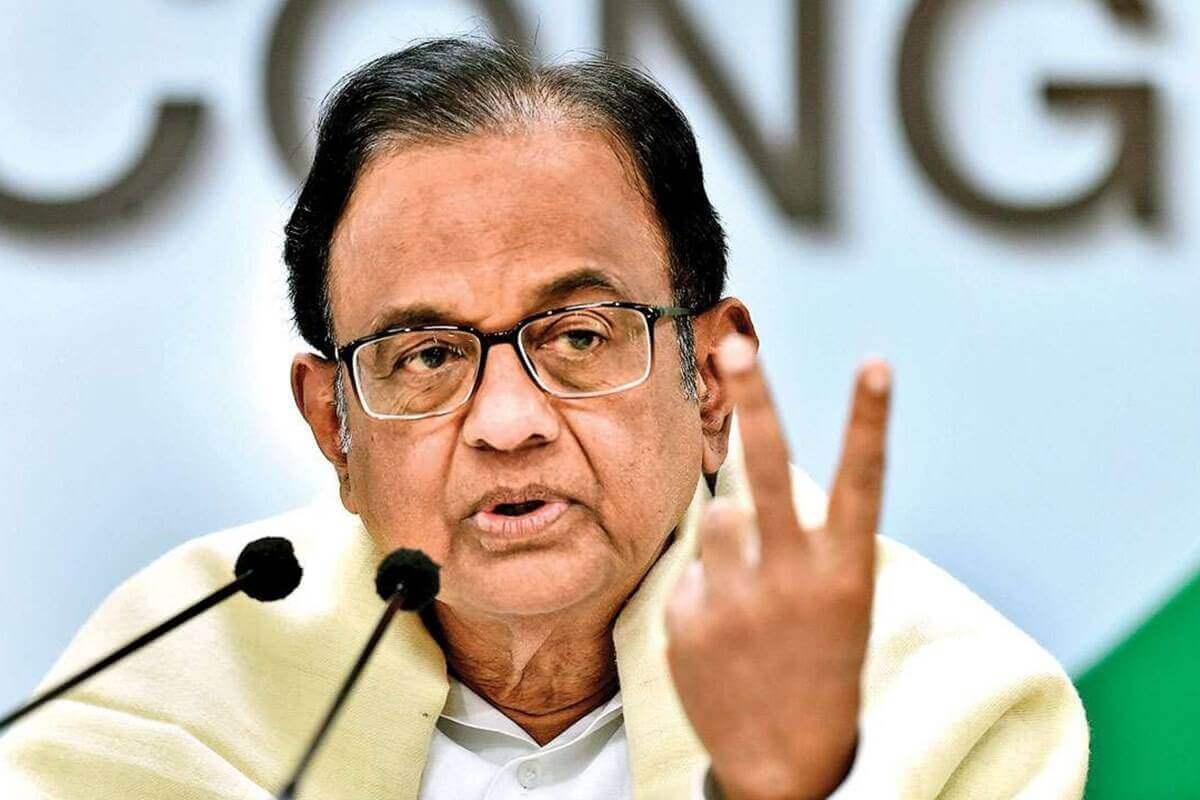Several leaders from the Indian state of Tamil Nadu have come out condemning India’s decision to abstain from voting on a United Nations Human Rights Council (UNHRC) resolution that was critical of Sri Lanka’s human rights record against its Tamil minority during the country’s civil war. The resolution, which was sponsored by countries including Britain, Canada, and Germany, was approved on Tuesday, with 22 members voting in favour, 11 voting against, and 14 members abstaining.
In the run-up to the vote, several Tamil political parties had called upon the Indian government to extend its support to the resolution. The All India Anna Dravida Munnetra Kazhagam (AIDMK) said that the central government had a “moral duty” to hold Colombo accountable for atrocities committed against the minority Tamil community. At the time of the vote, AIDMK leader M. Thambidurai publicly reminded Indian Prime Minister Narendra Modi of his promise to raise the issue with Sri Lankan authorities and stand up for the Tamil communities’ interest. He said, “The Prime Minister, when he visited Tamil Nadu, had assured that he is going to take up the cause of the Sri Lankan people and protect the interest of Sri Lankan Tamil people. Therefore, I request the Government of India whatever the Prime Minister committed that can be followed up by our delegation in Geneva supporting the Tamil cause.” Other political leaders in the state agreed with this call as well, including Dravida Munnetra Kazhagam (DMK) President MK Stalin.
Against this backdrop, when India ultimately abstained from the vote, the decision unsurprisingly attracted significant criticism. MK Stalin called it a “betrayal” of the Tamil community’s trust by the central government. He said, “The government is indirectly helping the Sri Lankan government by boycotting the resolution in UNHRC.” In addition, Vaiko, the General Secretary of the Marumalarchi Dravida Munnetra Kazhagam (MDMK), said, “Only because of elections in Tamil Nadu, the Indian government walked out of the voting otherwise they would have voted in favour of Sri Lanka. I condemn the manner in which the Indian government has conducted itself.”
Other prominent figures from the region, including Kamal Hassan and former finance minister and senior leader of the Indian National Congress P. Chidambaram also condemned India’s decision, calling it a “gross betrayal” of the trust of Tamilians in the country.
Apart from impacting India’s image as an advocate for democratic principles in the international sphere, its abstention is also likely to have significant domestic repercussions. With the state of Tamil Nadu scheduled to conduct elections for its state legislature in April 2021, these recent developments are likely to diminish the chances of the Narendra Modi-led Bhartiya Janata Party (BJP) or its allies making gains in the southern state.
While Indian political parties often raise the issue of the atrocities committed against the Sri Lankan Tamil community in the run-up to elections in Tamil Nadu, their commitment to the issue is shaky at best, considering that there are roughly 100,000 Sri Lankan Tamils in India, of which about 60,000 live in 107 camps across Tamil Nadu. They are the largest refugee group in the country that is residing in camps. Despite many of them first arriving in 1964, several continue to live in absolute squalor with extremely limited job opportunities.
The brutal civil war in Sri Lanka, which was fought for 25 years from 1983 to 2009, resulted in the deaths of more than 100,000 civilians from both sides with around 40,000 to 50,000 Sri Lankan Tamils killed in the conflict, according to various estimates. Human rights organizations have accused the Sri Lankan military of committing crimes against humanity, which include indiscriminate shelling, forced disappearances, denial of aid, and sexual violence. The Sri Lankan government has fervently denied claims of human rights violations.
Therefore, the resolution is crucial, as it will give the UNHRC the mandate to collect and preserve information and evidence of crimes committed during Sri Lanka’s civil war and will establish a central international database for future persecution of war crimes. The resolution also urged Sri Lanka to revise its law on the prevention of terrorism, as the government has been accused by rights groups of using the law to target dissidents and minorities.
Tamil Political Leaders Label India’s Abstention from UNHRC Vote on Sri Lanka as Betrayal
Several Tamil leaders have criticised India’s decision to abstain from voting on a UNHRC proposal to investigate crimes committed by Sri Lankan authorities during the civil war.
March 26, 2021

Former finance minister and senior leader of the Indian National Congress, P. Chidambaram SOURCE: FINANCIAL EXPRESS
